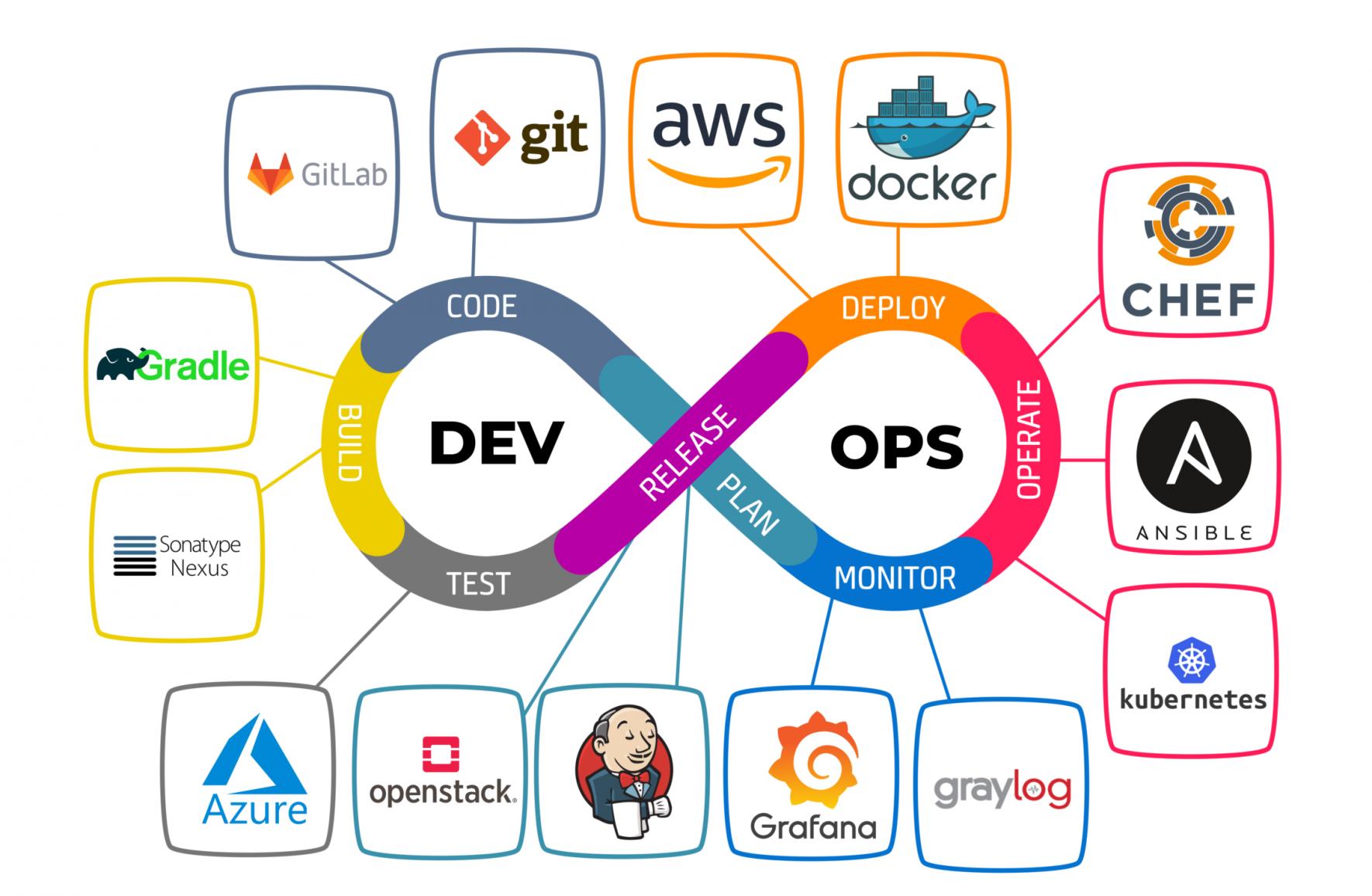What is DevOps in technology
DevOps, short for Development and Operations, is a set of practices, principles, and cultural philosophies that aims to improve collaboration and communication between software development (Dev) and IT operations (Ops) teams. It emphasizes the automation and integration of processes involved in software delivery and infrastructure management.
Here are some key aspects of DevOps in technology:
Collaboration: DevOps promotes collaboration and shared responsibilities between development and operations teams. This collaboration breaks down traditional silos, fostering a culture of mutual understanding and cooperation.
Automation: Automation is a core principle of DevOps. It involves automating manual tasks throughout the software development lifecycle, such as code building, testing, deployment, and infrastructure provisioning. Automation helps reduce errors, increase efficiency, and speed up the delivery of software.
Continuous Integration and Continuous Deployment (CI/CD): DevOps practices often include CI/CD pipelines. Continuous Integration involves developers frequently merging their code changes into a central repository. Continuous Deployment automates the deployment of code changes to production environments after passing automated tests. This leads to faster and more reliable releases.
Infrastructure as Code (IaC): DevOps encourages treating infrastructure as code, meaning that infrastructure configurations are managed and provisioned through code. This allows for easier scalability, consistency, and repeatability of infrastructure setups.
Monitoring and Feedback: DevOps emphasizes monitoring applications and infrastructure in real-time. Monitoring tools provide visibility into system performance, allowing teams to detect and address issues proactively. Feedback loops are established to continuously improve processes based on data and user feedback.
Microservices and Containerization: DevOps often leverages microservices architecture and containerization technologies like Docker and Kubernetes. These technologies enable applications to be broken down into smaller, independent services, making them easier to deploy, scale, and manage.
Security (DevSecOps): Security is integrated into the DevOps process through DevSecOps practices. Security checks and measures are implemented throughout the development and deployment pipeline to ensure that security is not an afterthought but an integral part of the process.


